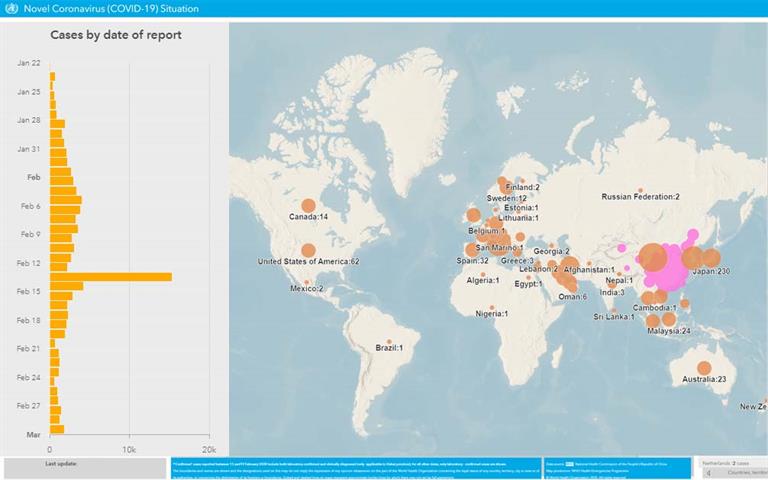-
- ГБОУ ВПО МГМСУ им. А. И. Евдокимова Минздрава России (Москва, Россия)
- НУЗ «ЦКБ № 2 им. Н. А. Семашко» ОАО «РЖД» (Москва, Россия)
Ключевые слово: синдром раздраженного кишечника, диагностика, скрининг, биомаркеры, стресс, воспаление
Abstract:Путь к диагнозу синдрома раздраженного кишечника (СРК) для большинства пациентов лежит через длительный период применения огромного количества лабораторных тестов, рентгенологических и эндоскопических исследований. Многогранность патофизиологии СРК и неоднородность внутри самой синдромальной нозологии, включая генетическую предрасположенность, психологические аспекты, висцеральную гиперчувствительность, нарушения моторики ЖКТ, изменения в нейроэндокринной системе (ось головной мозг-кишка), low-grade воспаление, дисбаланс микробиоты и др. диктуют необходимость разработки рутинно выполнимых тестов для быстрой и экономичной верификации СРК. Рассматривая СРК как диагноз исключения, мы становимся на путь, требующий четкого фармакокономического обоснования и, поэтому, в большинстве стран Запада остающийся неприемлимым. Таким образом, становится понятным вектор интереса к поиску биомаркеров СРК, о чем коротко и рассказано в настоящей публикации. Приведены данные исследований по диагностической ценности маркеров воспаления у больных СРК, изучению повышенного уровня стресс-агентов в биологических средах, и разработку специальных диагностических панелей биомаркеров, позволяющих исключать широкой спектр нозологий, имеющих бликзую к СРК клинику.
-
- Manning AP, Th ompson WG, Heaton KW, Morris AF. Towards positive diagnosis of the irritable bowel. Br Med J. 1978;2(6138):653–654.
- Brian E. Lacy, Fermín Mearin, Lin Chang, William D. Chey, Anthony J. Lembo, Magnus Simren, and Robin Spiller. Bowel Disorders. Gastroenterology 2016;150:1393–1407.
- Engsbro A.L. et al. Patients suspected of irritable bowel syndrome – cross-sectional study exploring the sensitivity of Rome III criteria in primary care. Am J Gastroenterol. 2013; 108, 972–980.
- Stanisic V, and Quigley EM Th e overlap between IBS and IBD: what is it and what does it mean?. Expert Rev Gastroenterol Hepatol. 2014; 8, 139–145.
- Маев И.В, Черёмушкин С. В., Кучерявый Ю. А. Синдром раздраженного кишечника. Римские критерии IV. О роли висцеральной гиперчувствительности и способах ее коррекции. Методическое пособие. Москва, 2016.
- Маев И.В., Черёмушкин С. В., Кучерявый Ю. А., Черемушкина Н. В. Синдром раздраженного кишечника. Римские критерии IV. Consilium Medicum. 2016. Т. 18. № 8. С. 79–85.
- Ивашкин В.Т., Шулыгин Ю. А., Баранская Е. К. и соавт. Клинические рекомендации Российской гастроэнтерологичческой ассоциации и Ассоциации колопроктологов России по диагностике и лечению синдрома раздраженного кишечника. РЖГГК, 2017;5:76–93.
- Barbara G. IBS: biomarkers for IBS: ready for prime time? Nat Rev Gastroenterol Hepatol. 2015;12:9–10.
- Biomarkers Defi nitions Working Group (2001). Biomarkers and surrogate endpoints: preferred defi nitions and conceptual framework. Clin Pharmacol Th er. 2001; 69, 89–95.
- Hod K. et al. Assessment of high-sensitivity CRP as a marker of micro-infl ammation in irritable bowel syndrome. Neurogastroenterol Motil. 2011;23(12):1105–1110.
- Hauser G. et al. Erythrocyte sedimentation rate – possible role in determining the existence of the low grade infl ammation in Irritable Bowel Syndrome patients. Med Hypoth. 2012;78(6):818–820
- Kennedy P.J. et al. A sustained hypothalamic-pituitary-adrenal axis response to acute psychosocial stress in irritable bowel syndrome. Psychological Medicine. 2014;44(14):3123–3134.
- FitzGerald L.Z. et al. Hypothalamic-pituitary-adrenal axis dysregulation in women with irritable bowel syndrome in response to acute physical stress. West J Nurs Res. 2009;31(7):818–836.
- Lembo A.J. et al. Use of serum biomarkers in a diagnostic test for irritable bowel syndrome. Aliment Pharmacol Th er. 2009;29(8):834–842.
- Jones M.P. et al. A biomarker panel and psychological morbidity diff erentiates the irritable bowel syndrome from health and provides novel pathophysiological leads. Aliment Pharmacol Th er. 2014, 39, 426–437.
- Ohman L, Stridsberg M, Isaksson S, et al. Altered levels of fecal chromogranins and secretogranins in IBS: relevance for pathophysiology and symptoms? Am J Gastroenterol. 2012;107:440–447.
- Von Arnim U, Wex T, Ganzert C, et al. Fecal calprotectin: a marker for clinical diff erentiation of microscopic colitis and irritable bowel syndrome. Clin Exp Gastroenterol. 2016;9:97–103.
- Jonefj äll B, Öhman L, Simrén M, et al. IBS-like symptoms in patients with ulcerative colitis in deep remission are associated with increased levels of serum cytokines and poor psychological wellbeing. Infl amm Bowel Dis. 2016;22:2630–2640.
- Menees SB, Powell C, Kurlander J, et al. A meta-analysis of the utility of C-reactive protein, erythrocyte sedimentation rate, fecal calprotectin, and fecal lactoferrin to exclude infl ammatory bowel disease in adults with IBS. Am J Gastroenterol. 2015;110:444–454.
Для цитирования :
Маев И. В., Черёмушкин С. В., Кучерявый Ю. А., Черёмушкина Н. В. Биомаркеры в диагностике синдрома раздраженного кишечника, каковы реалии? Экспериментальная и клиническая гастроэнтерология. 2018;158(10): 86–91. DOI: 10.31146/1682-8658-ecg-158-10-86-91
Загрузить полный текст
ОГЛАВЛЕНИЯ ВЫПУСКОВ
Контакты
Submission of the manuscript is online via e-mail
ecgarticle@gmail.com or
cholerez@mail.ru
Editorial Correspondence e-mail
gastrossr@gmail.com
Publishing, Subscriptions, Sales and Advertising, Correspondence e-mail
journal@cniig.ru
Tel: +7 917 561 9505
COVID-19



